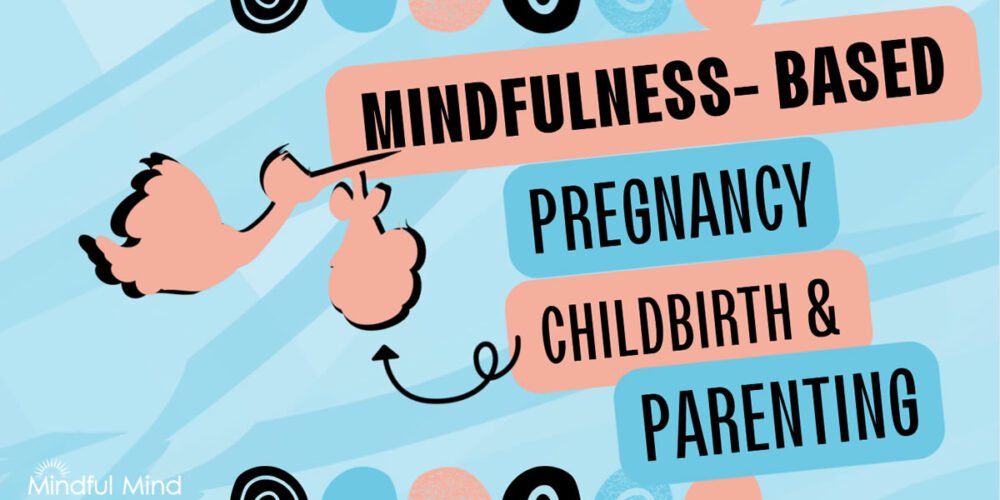Mindfulness in Parenting: A Pathway to Deeper Connections As an experienced psychotherapist, I've seen firsthand…

Mindfulness for Menopause
The menopause is a big change in our identity as women and arrives with sensations and reactions you may never have experienced before. Supporting ourselves amidst the tsunami of moods, cognitive fluctuations and body changes is essential as it can take years to feel your ‘normal’ you.
Self-care
Self-care is crucial! You may have put family and work first for the past few decades but now – this needs to be about you. Regular exercise, a balanced diet, and adequate sleep can significantly alleviate symptoms. Exercise, in particular, helps to manage weight, boost mood, and improve overall health. Do activities you enjoy, such as walking, yoga, or swimming, to stay motivated. A Mediterranean diet rich in fruits, vegetables, seeds, and lean proteins can help keep a lid on the hot flashes and mood swings. Stay hydrated and, if you can, reduce your caffeine and alcohol intake. Time for yourself is not selfish; it’s essential for your well-being.
Seek Support and Stay Connected
Menopause can often feel isolating, but it’s important to connect with others. Share your experiences with friends, family or a support group. A few decades ago there wasn’t much awareness of the menopause. Our own mothers probably suffered silently as there was little help and support. Thankfully, that’s changed. Talking about your feelings and symptoms can provide relief and reassurance. Professional support, such as therapy, can also be beneficial. I offer strategies to manage mood swings, anxiety, and depression, and provide a safe space to explore feelings though the menopause and beyond.
Educate Yourself and Communicate with Healthcare Providers
Understanding the changes happening in your body can empower you to make informed decisions about your health. Educate yourself about menopause and its symptoms. Discuss your concerns and symptoms with your healthcare provider. They can offer treatments and interventions, such as hormone replacement therapy or alternative therapies.
Use mindfulness to help you navigate the menopause
1. Practice Mindful Breathing
Mindful breathing is effective technique to manage the stress and anxiety often associated with menopause. By focusing on your breath, you can ground yourself in the present and reduce the intensity of overwhelming emotions. Try dedicating a few minutes each day to sitting quietly and paying attention to your breathing. Inhale deeply through your nose, allowing your abdomen to rise, and then exhale slowly through your mouth. This practice can calm your mind, lower stress levels, and help you approach your symptoms with greater clarity and patience.
2. Embrace Mindful Eating
Menopause may bring changes in appetite and weight, so it’s important to approach eating mindfully. Pay attention to the sensory experiences of eating;notice the colours, textures, and flavours on your plate. Eat slowly, savoring each bite, and listen to your body’s hunger and fullness cues. Mindful eating not only enhances your enjoyment of food but also helps regulate your eating habits, preventing overeating and promoting a healthier relationship with food.
3. Engage in Mindful Movement
Physical activity is good for anyone but approached mindfully, it can work wonders for the menopause. Whatever your choice of exercise, focus on the sensations in your body as you move. Notice the way your muscles feel, the rhythm of your breath, and the connection between your body and the ground. Mindful movement not only enhances physical health but also reduces stress and improves mood.
4. Develop Regular Mindfulness
Incorporating mindfulness into your daily routine will provide a steady anchor. Set aside time each day for a mindfulness practice that resonates with you, whether it’s meditation, diary-writing, or simply sitting still. Use this time to observe your thoughts and emotions without judgment, acknowledging them as they come and go. This practice can help you develop a greater sense of self-awareness and emotional regulation, enabling you to respond to menopausal challenges with compassion and resilience.
Navigating menopause is different for everyone. Focus on self-care, practice mindfulness, and get help if you feel you aren’t coping. Menopause is just another phase of life and can present an opportunity for growth and self-discovery.
Belinda Freeman
I’m an experienced psychotherapist and counsellor. If you’d like to book a session, on line or face to face (Beckenham, Kent, England) please contact me.
+ 44 (0) 7967027289
+ 44 (0) 7967027289
belinda@mindfulmind.co.uk
belinda@mindfulmind.co.uk

